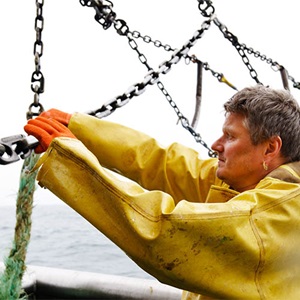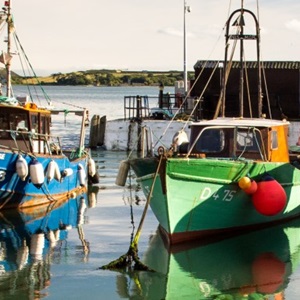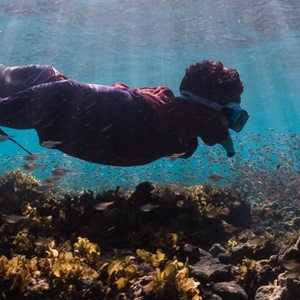The MSC is always working to make our program accessible to well-managed fisheries, including those that have limited scientific data.
Does limited data mean fisheries are poorly managed?
No. Many data-limited fisheries may be very well managed but lack the kind of data on target species or habitats that are usually used for sustainability assessments. Such fisheries may still be eligible for assessment to the MSC Fisheries Standard.How does the MSC support data-limited fisheries?
To allow data-limited fisheries to be assessed we developed a tool called the Risk-Based Framework (RBF). The tool uses information from workshops with fishery stakeholders and any data that is available to enable fisheries to develop sustainable fishing management plans.
The Risk-Based Framework can be used for different performance indicators in the Standard, including those related to stock status or endangered, threatened and protected (ETP) species.
More recently, we have worked with research partners, commissioning a simulation tool, MERA (method evaluation and risk assessment), an open source app for analysing risk and guiding fishery improvements.
How are data limited fisheries assessed?
If there are specific indicators that cannot be scored against the MSC Standard’s default assessment method, the certification body (CAB) will use the Risk-Based Framework. For any other indicators where there is enough data, scoring will follow the default assessment method.
The RBF does not cover the assessment of management, which is Principle 3 of the Fisheries Standard. A data-limited fisheries' management will be assessed and scored in the same way as that of any other fishery.



